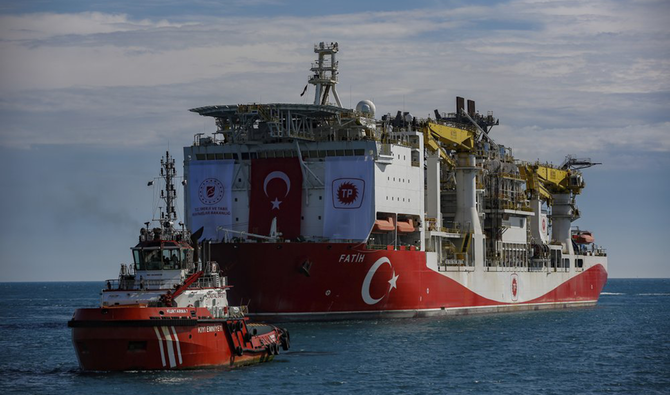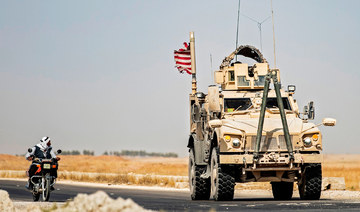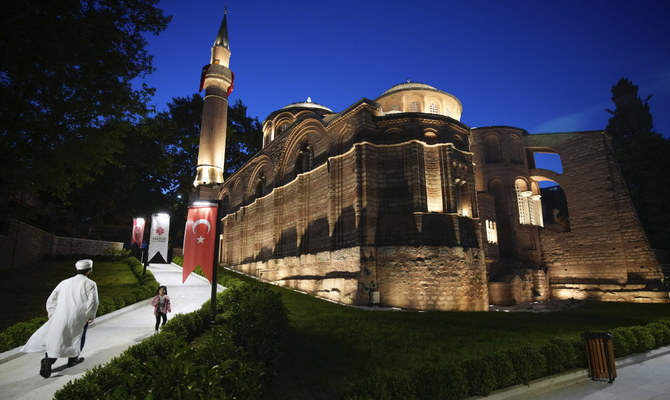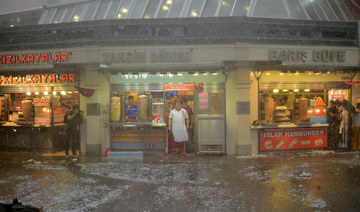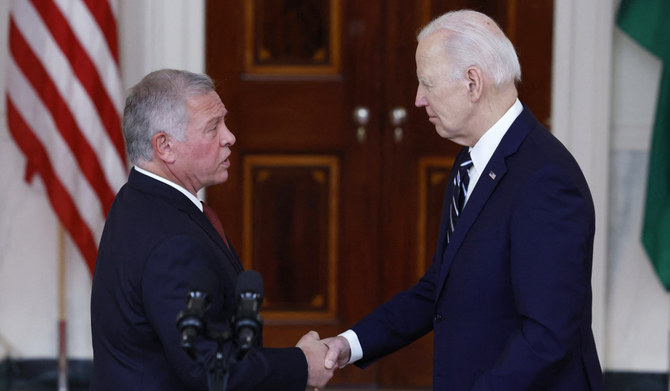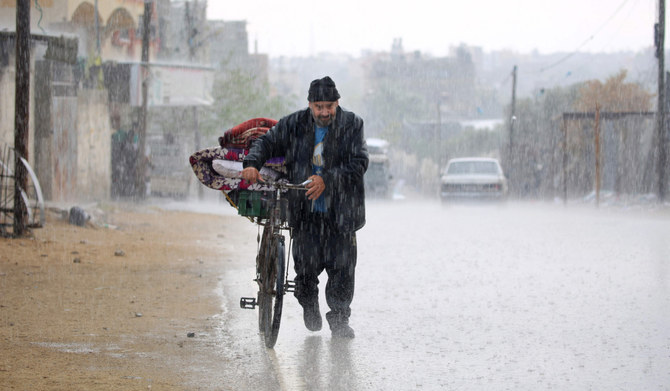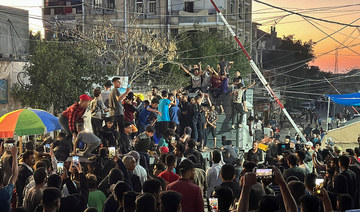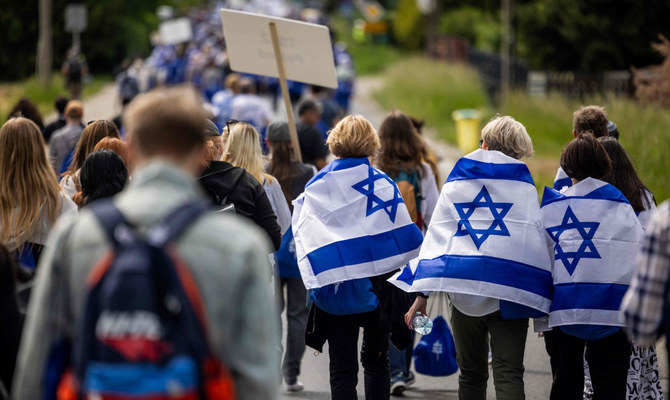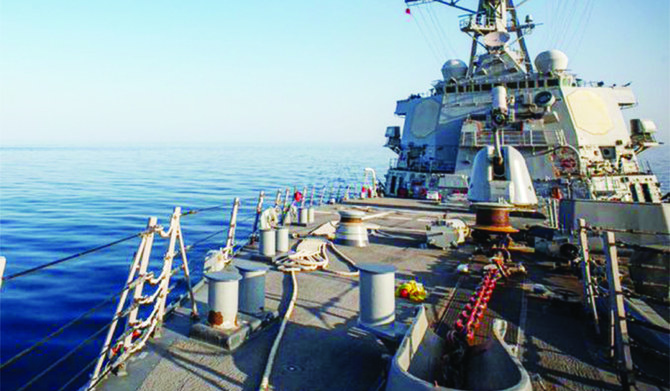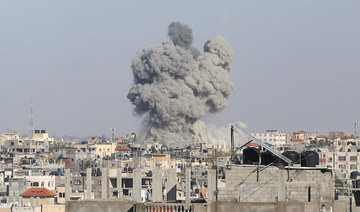ISTANBUL: Despite the embargo on oil business with Syria, some Turkish companies are bypassing sanctions through an offshore network.
Recently leaked Financial Crimes Enforcement Network (FinCEN) files revealed that Turkey’s top petrochemical company, Petkim, has been engaged in illegal oil business with the Assad regime through its associate PetroKim, and collaborated with two other companies, Milenyum and Blue Energy, between March 2010 and January 2016.
Turkey’s involvement in the illegal oil transactions started with a fatal naval accident in January 2019 in the Kerch Strait off the Crimean coast, where 20 people were killed by an explosion when the crews of two tankers transferred liquified petroleum gas from one ship to another in the middle of the sea.
Search and rescue teams could only locate 14 sailors, as both ships, loaded with illicit cargo, had deactivated their tracking systems to avoid detection by authorities. Most of the 20 victims were Turkish and Indian citizens.
As a regulatory unit under the US Treasury Department, FinCEN is tasked with fighting money laundering. Since 2011, the US and EU have placed sanctions on all import, purchase and transport activities of oil and petroleum products to and from Syria.
In August 2015, the US Department of the Treasury adopted new sanctions against all individuals and companies providing energy products used by the Assad regime.
This latest $90 million of “suspicious transactions” between March 2010 and January 2016 that involve Turkey’s largest company were discovered in FinCEN files that originally aimed to expose, with more than 2,500 documents, the dirty money moves of some of the world’s biggest banks by avoiding sanctions.
Turkey’s Milenyum Energy was recently put on the US blacklist for violating sanctions on Syria through systematic shipments of oil products to the Syrian port of Baniyas. Its director and some managers, as well as another employee, are under individual sanctions by the US, but its sanctioned tankers still sail under different names to avoid detection.
Its partner company, Blue Energy, is also registered offshore, in the Caribbean, and acts as an intermediary for receiving the payments for the shipments.
The Tanzanian-flagged tankers involved in the naval accident were both owned by Milenyum — a company that operates in Turkey but is registered in Panama — and were allegedly sailing for Syria.
Petkim is also claimed to have been involved in these illegal operations through its Malta-based company Petrokim, which conducted over $224 million suspicious money transactions between March 2010 and July 2016 by violating sanctions on Syria.
The files exposed that Petrokim was “using an address identical to numerous entities that were designated Specially Designated Nationals (SDNs), meaning blacklisted people, under Iran sanctions.” SDN’s assets are blocked from making any transaction with US nationals. In the meantime, Petkim exchanged over $13 million with Blue Energy.
This corrupt network was previously exposed in the Paradise Papers, where Samir Karimov, vice president of SOCAR Turkey at the time, was found to have also served as the director and legal representative of Petrokim, while SOCAR was then the majority owner of Petkim.
The chemical producer currently posts the highest trading volumes in Turkey, according to stock exchange data, while its rating is B2 negative in Moody’s Investors Service.
The next hearing over the Black Sea naval accident is set to take place in Istanbul on Nov. 20, with the leaks from the US likely to bring a new dimension to the ongoing investigation.
In the meantime, EU foreign ministers agreed on Monday to sanction two individuals and three companies for violating an arms embargo on Libya. One of the companies was Turkey’s Avrasya Shipping, which denies the allegations against it, and claims that it was carrying humanitarian aid.



